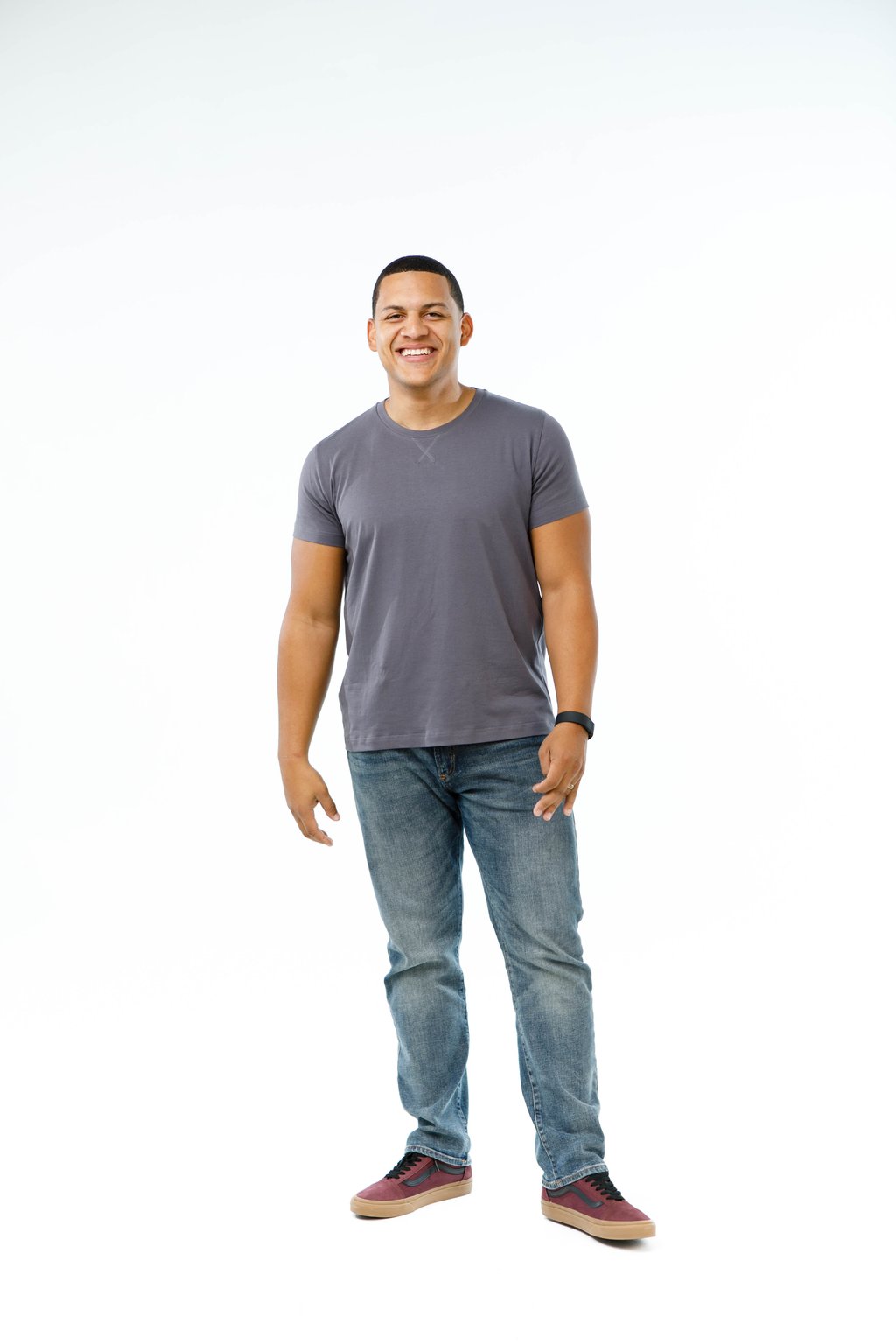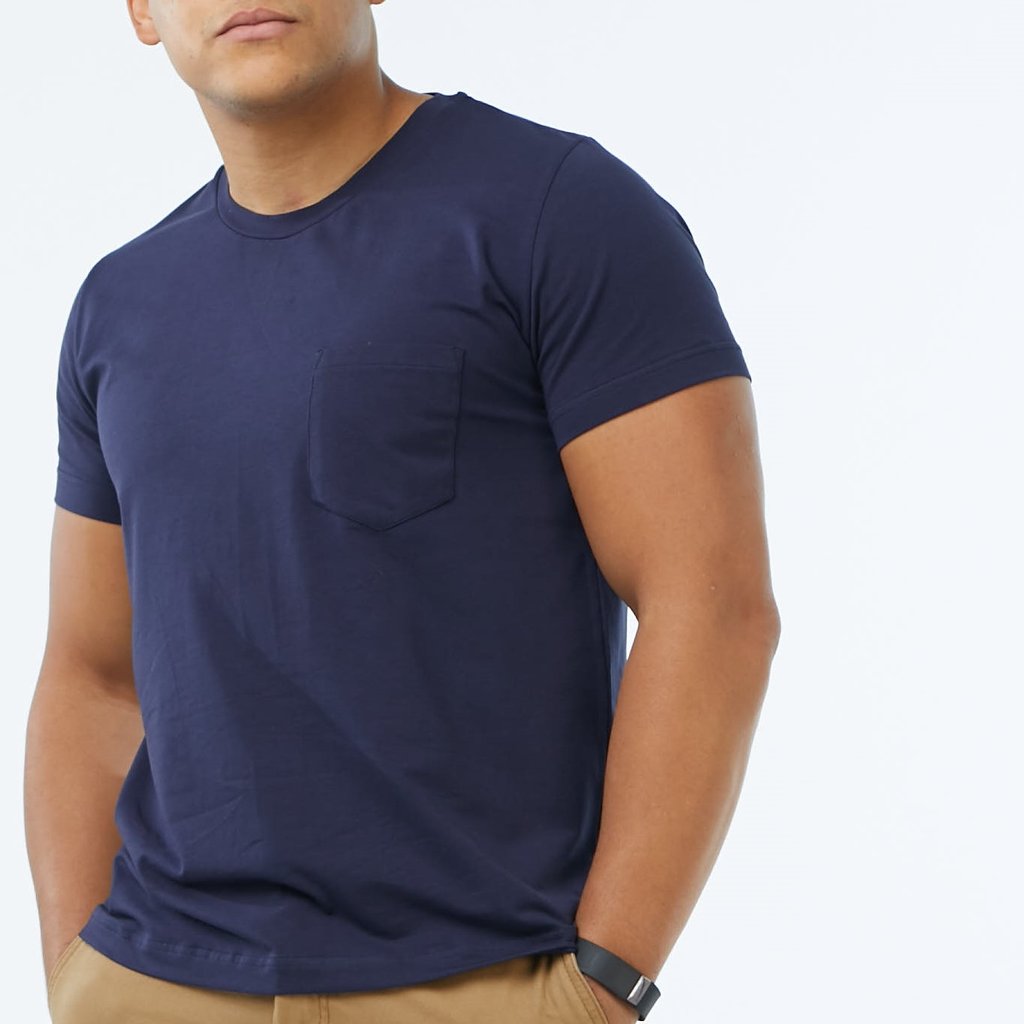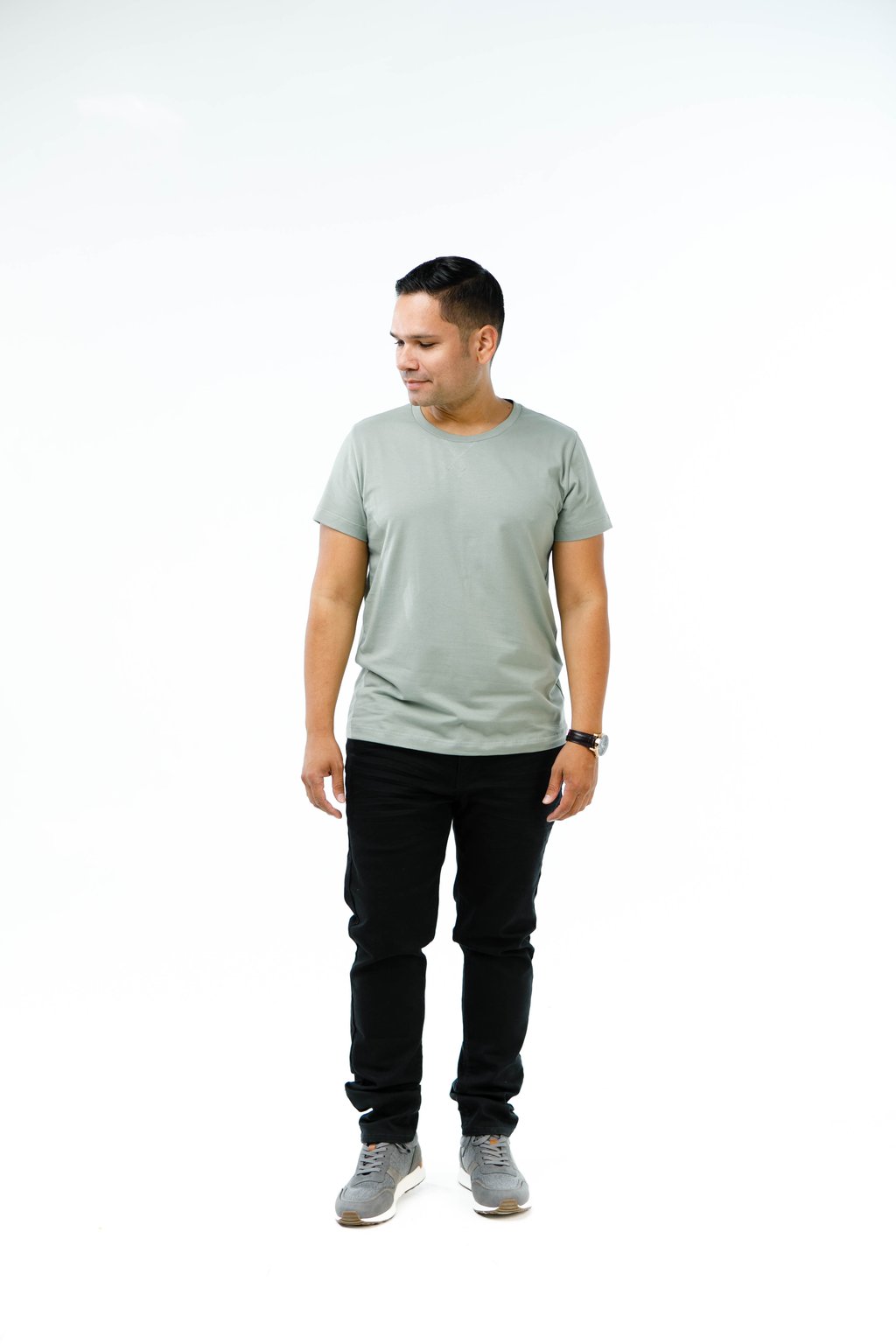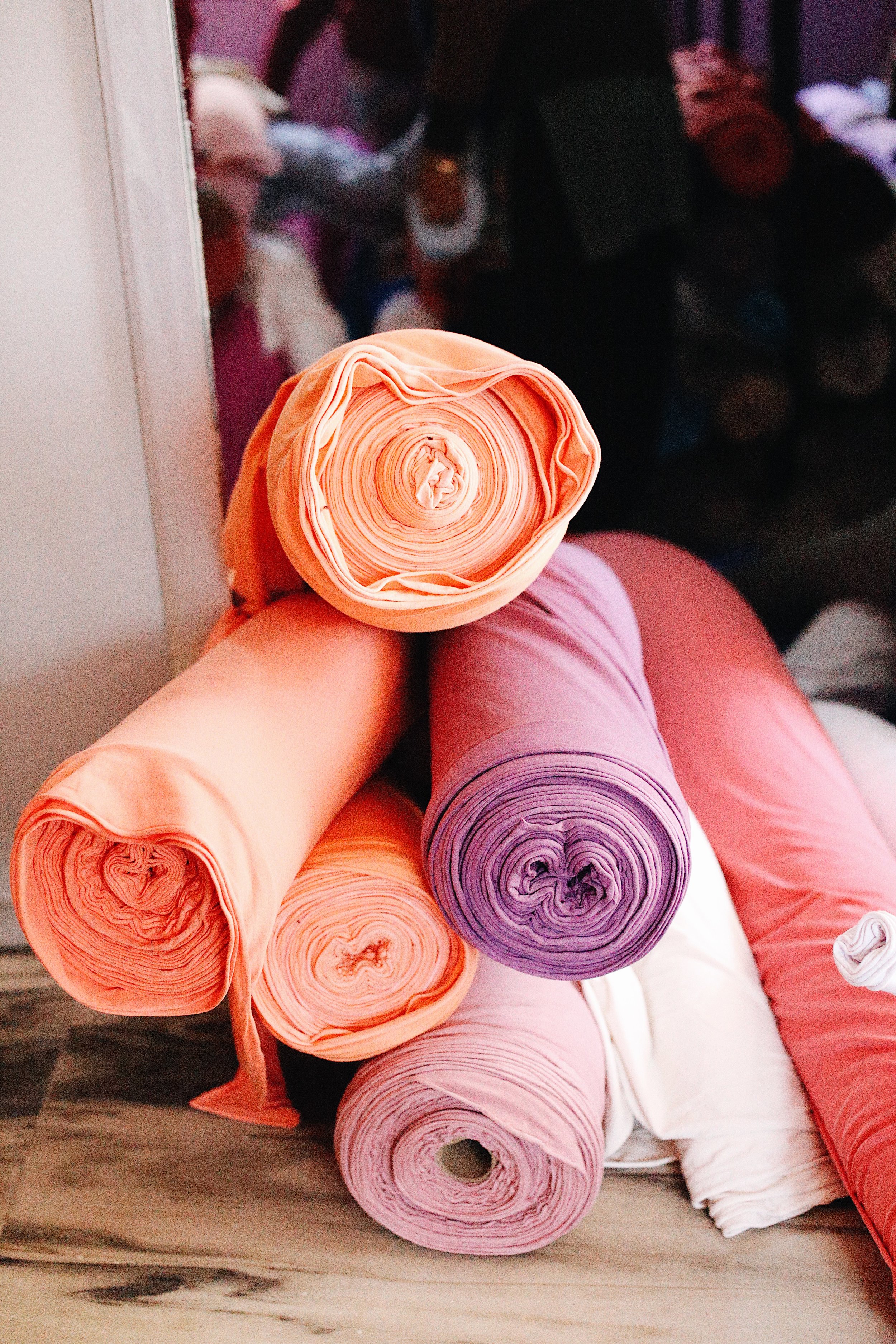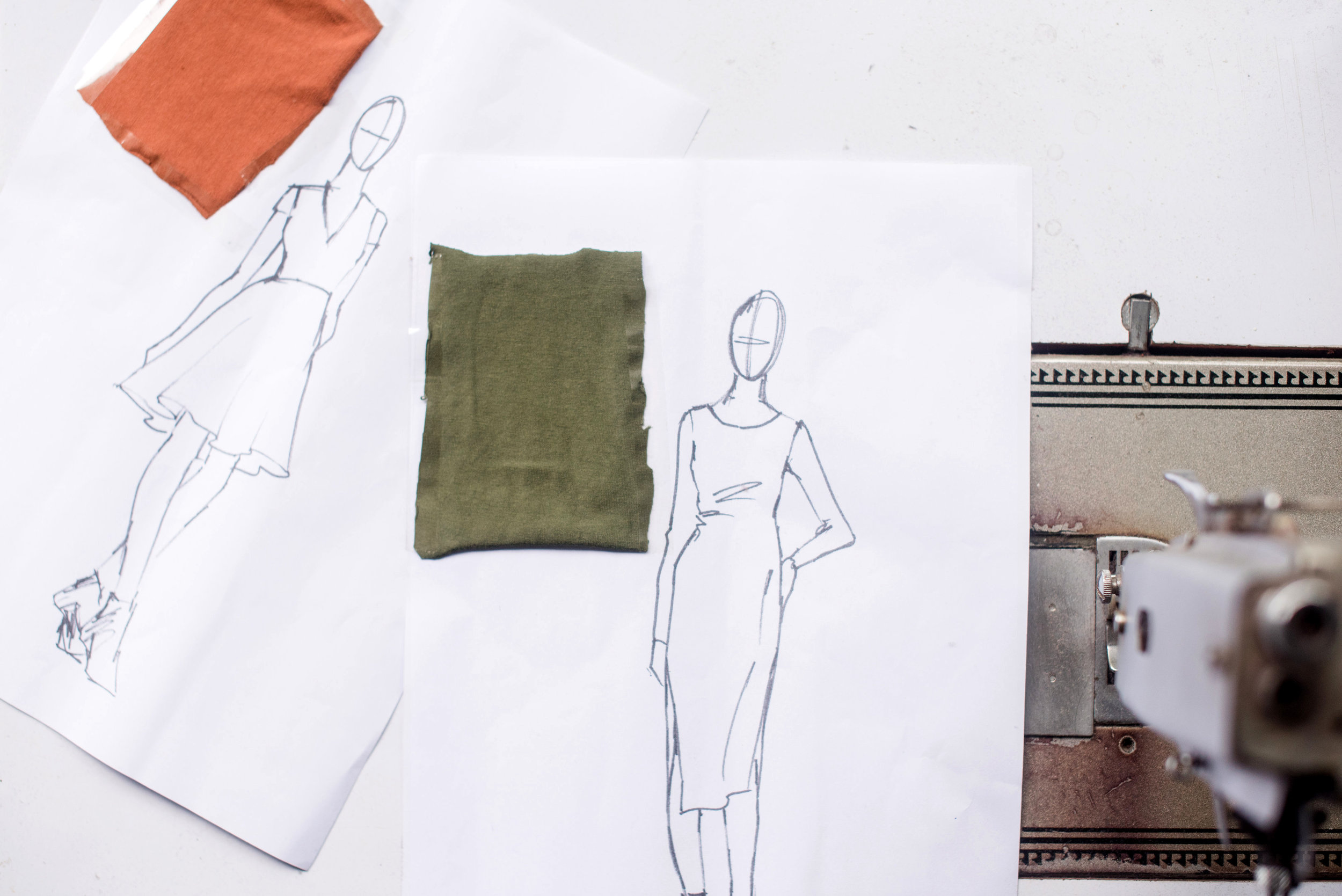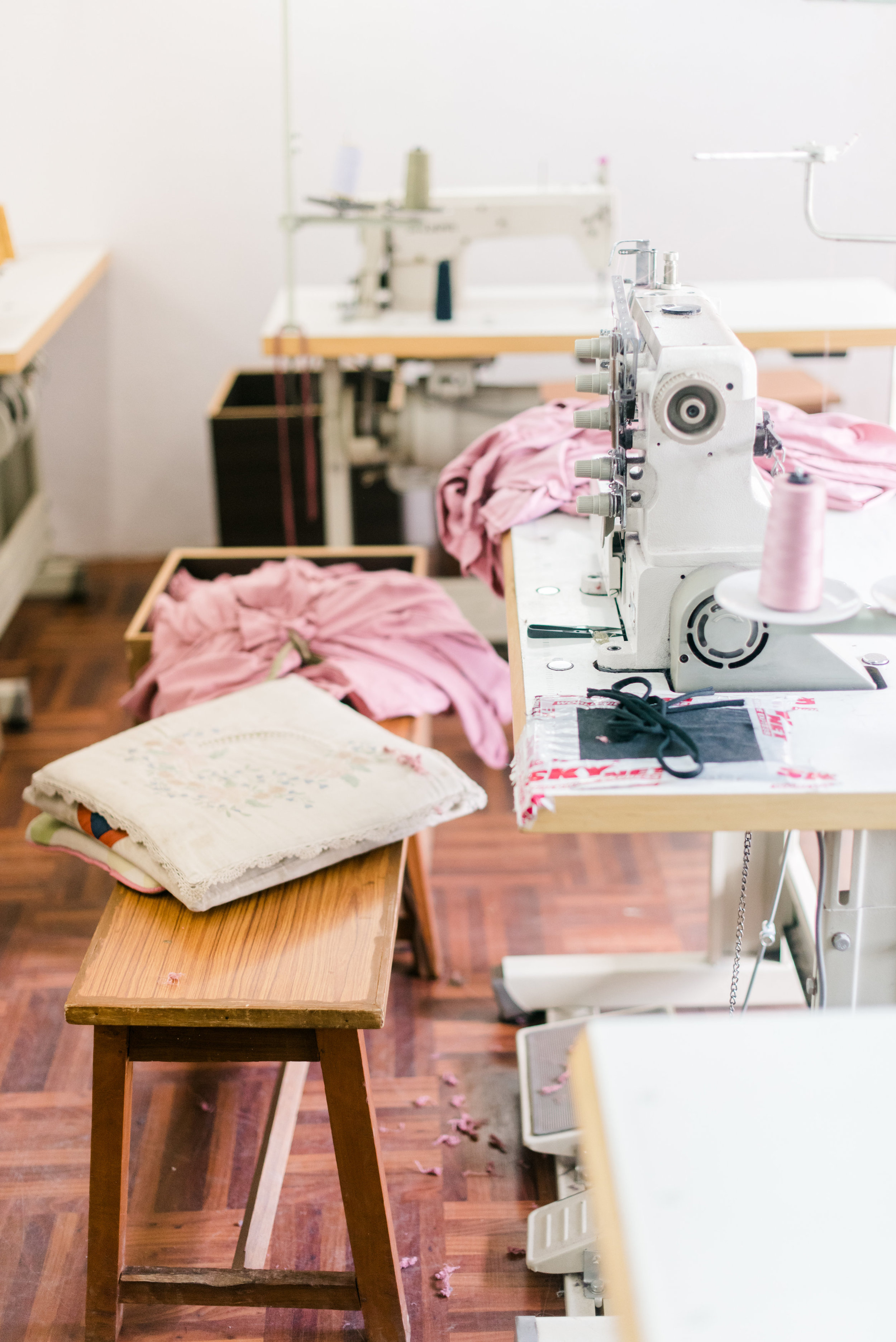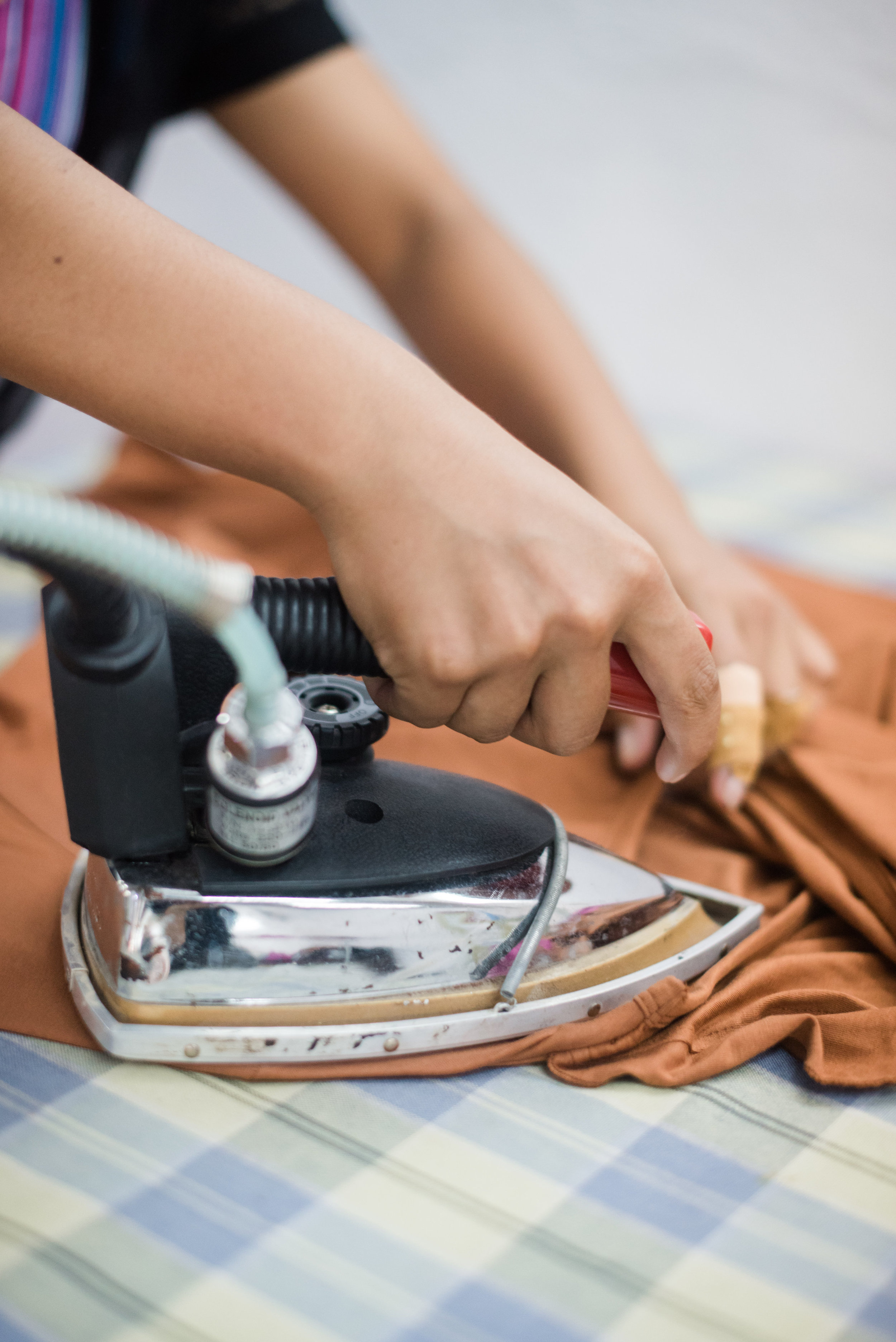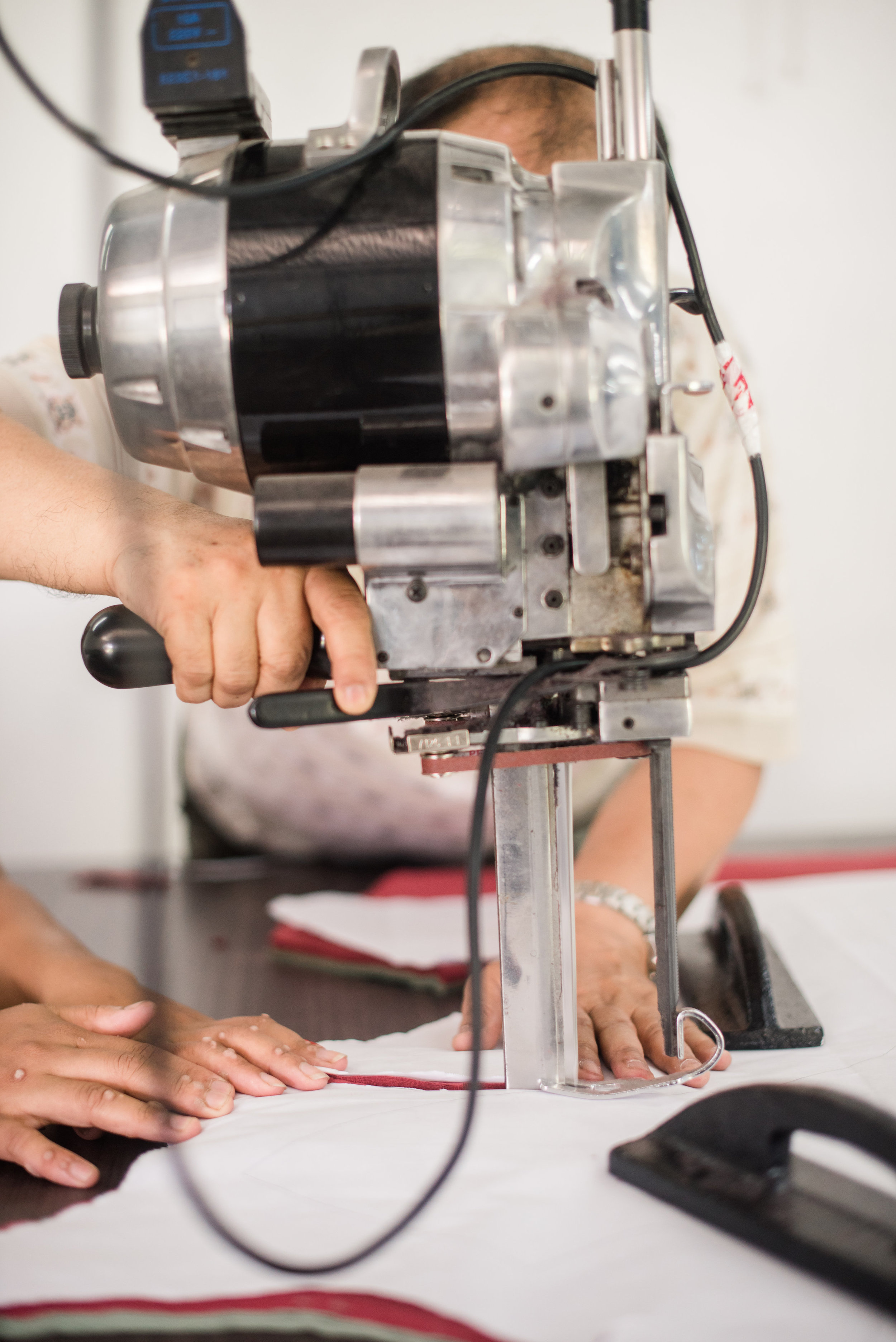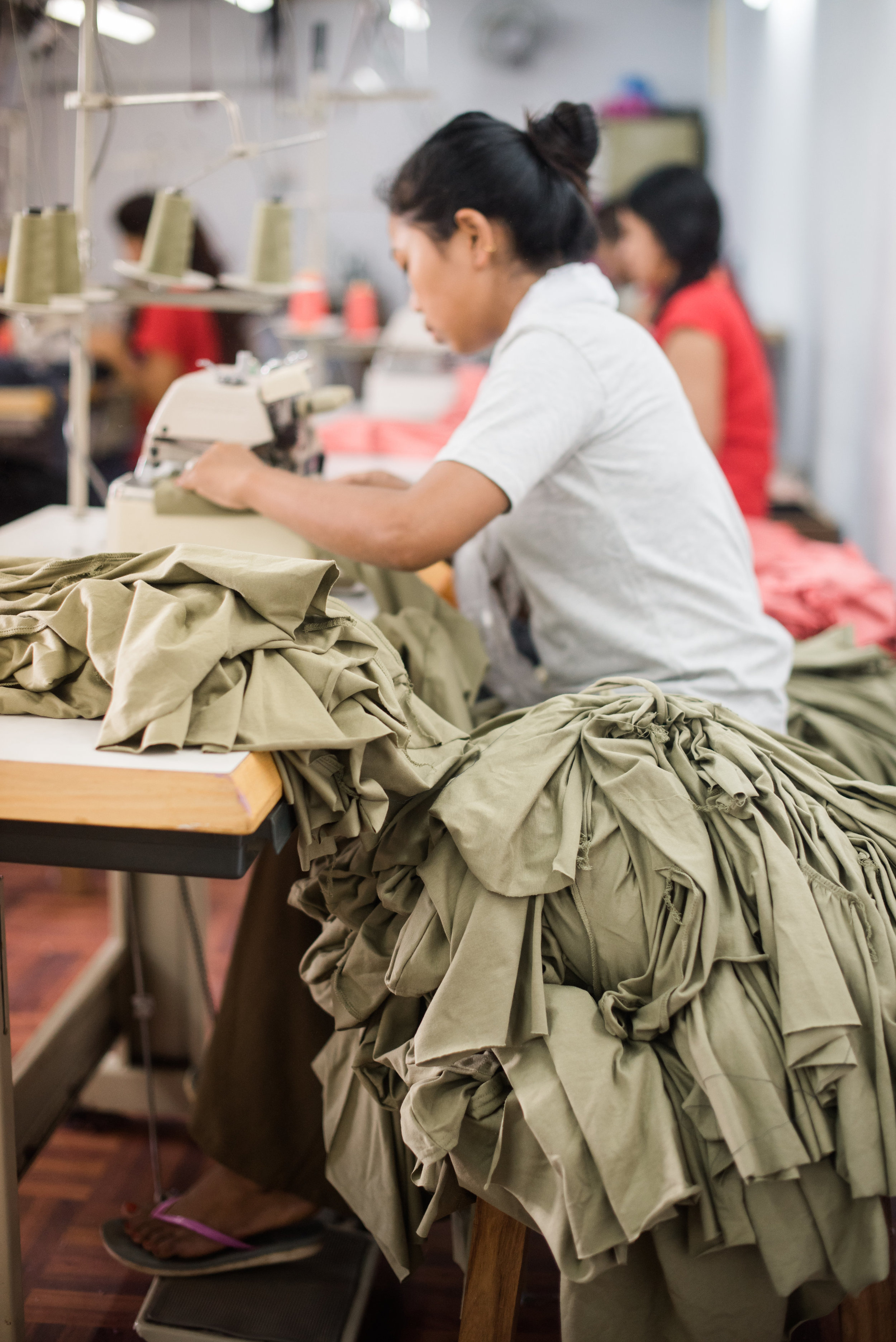Elegantees and FPR Work to "Fight, Protect and Restore
72% of human trafficking victims are female, according to the United Nations Office on Drugs and Crime’s 2018 Global Report of Trafficking in Persons. Does this mean that human trafficking is a female problem? Of course not! Men are heavily involved in the exploitation of trafficking victims, and 28% of those victims are male, themselves. Unfortunately, within the movement, they are often overlooked.
Elegantees, the company we know and love for its amazing annual Dressember collection, is drawing men into the fight in a creative way. FPR, which stands for: “Fight, Protect, Restore,” is a new line of men’s tees introduced in 2018 with the purpose of including everyone in the war against human trafficking.
Men need to understand their role in the crime of sex trafficking, according to Katie Martinez, founder of Elegantees:
“Even if a man doesn’t go to a ‘massage parlor’ and pay for sex, but has an addiction to pornography, he is fueling the demand for sex trafficking. One day, we hope to use FPR to help men wake up to the problem and fight for their own freedom from addiction so they can also fight for freedom for the women in slavery.”
Katie created Elegantees in June of 2010. She learned about human trafficking as a student at the Fashion Institute of Technology and decided that her new business would aid a non-profit fighting this crime.
“It makes me angry. No woman, man, or child should ever have to be someone’s property.”
Today, her company works with KI Nepal, which rescues over 20,000 women and children each year. Elegantees offers employment to women they counsel. Katie says it’s the work in Nepal that means the most to her.
“Knowing each job in Nepal keeps an entire family safe from human trafficking is what makes it all worthwhile.”
Today, Elegantees employs staff in two countries. In the U.S., the focus is on design, merchandising, photography, sales and marketing. In Nepal, the focus is on sourcing and sewing. The process for creating items for Elegantees and FPR begins with the selection of Pantone colors for dyeing fabrics. Each month a small collection of designs is curated.
“We ask the question, ‘Will I wear this more than 30 times?’ This helps us to design pieces that give the designs a lot of value.”
Sketches are transferred into patterns, samples are adjusted, and a small production run of each style is made.
“The heart of Elegantees is to combat human trafficking. While buying a sustainable, organic fair-trade shirt on its own is amazing, we get most excited about the freedom the shirt brings. We aim to connect the consumer to the maker.”
On the Elegantees website, Katie credits her husband with the continued success of the company.
“Elegantees wouldn’t be here today if it were not for my husband, Israel. Since day one, he’s cheered me on and also challenged me to do better.”
It’s Israel who inspired her to introduce FPR, and they have big dreams for the line.
“[We want to] develop it into a resource for men to literally fight, protect and restore.”
According to Katie, Elegantees supporters are excited by the introduction of FPR.
“I think people are eager to see what we do next.”
But there was one major roadblock in making FPR a reality -- the actual sewing of the tees.
“The neck openings had to be a certain ratio in order to lay smooth and be a quality fit. We launched later than expected for that reason, but it was worth it.”
Katie and Israel have two children, and balancing work and family can sometimes be a challenge.
“The hardest part of what I do is discerning what is potentially good and what is potentially great. We desire to put our family first, so we have to say no to a lot of things, even some good things.”
Katie wants to encourage aspiring entrepreneurs like herself, so she shares Elegantees story on the website.
“I want to be able to direct them to a place to learn how we [started]. If there is one theme for any successful business leader that resonates, it’s simple -- don’t give up.”
It’s that “don’t give up” attitude that has allowed Elegantees to employ nearly 20 women in Nepal so far, and Katie hopes that number grows to 500. Her vision for the future is even more ambitious.
“[My dream is that] women in Nepal will not be seen as commodities in which their bodies can be bought and sold for sex or any other reason.”
Working together, we can make Katie’s dream a reality.
*Photography by Kyra Rane
Small Run, Big Impact.
Join us on April 13th for our second annual 'You Can Do Anything in a Dress (or Tie)' 5k. Run in our Los Angeles 5k/Yoga event or run virtually in your own city! Set up your free campaign page and purchase tickets for the LA event today!
About the Author
Jeanette Bouchie is an adult services librarian at the Vigo County Public Library, where she has worked for 18 years. She is also a freelance writer and is thrilled to have the opportunity to work with Dressember to increase awareness of human trafficking. She also enjoys reading, tap dancing, traveling, getting dressed up, and attending the occasional comic con.



